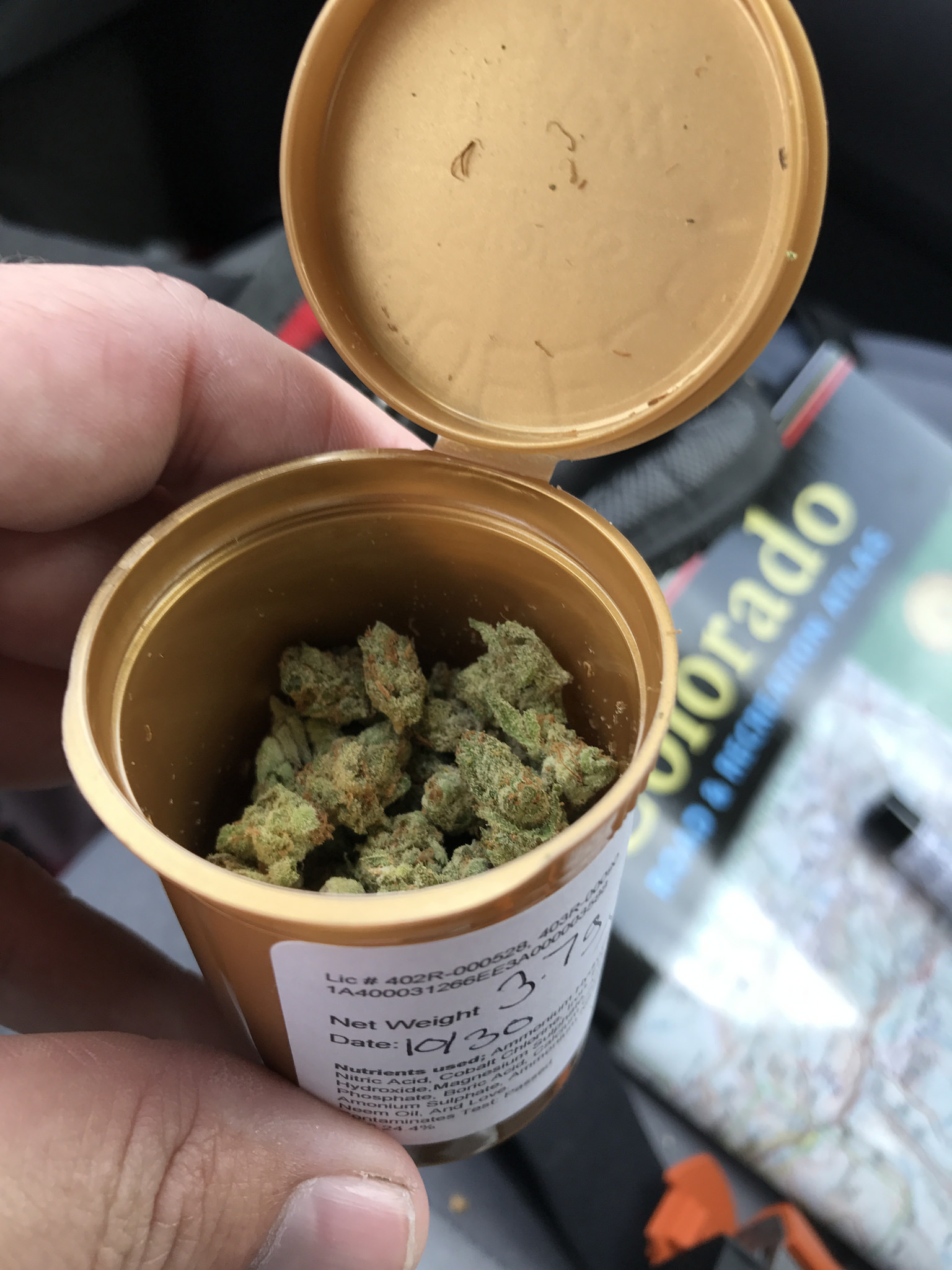
HALIFAX – Canada’s decision to legalize cannabis will create a backlog in the courts as those charged with driving while drug-impaired are sure to launch a wave of legal challenges, a lawyer who specializes in impaired driving cases says.
Tom Singleton, who has practised criminal law for 25 years in Halifax, says the problem is that the tests police currently use to assess drug impairment are too subjective and somewhat inaccurate.
And the new roadside saliva tests, introduced by the federal government in August, aren’t expected to be that much better, he said.
“The federal government is engaged in wishful thinking when it comes to bringing in this kind of testing,” Singleton said in an interview Friday.
“Drug cases are going to clog up the court system because of the length of time required to deal with them.”
Singleton said the same thing happened when roadside breathalyzer tests were introduced more than 40 years ago.
“It will take decades before the courts establish it as being reliable,” he said.
Under the current system, when a police officer suspects a driver is impaired by alcohol and/or drugs, the officer can conduct a series of so-called field sobriety tests, which include examining the driver’s eyes and observing how they walk and turn, and if they can stand on one leg.
“A lot of these things end up being very subjective,” said Singleton.
If the officer believes there are grounds for testing for drug impairment, a broader 12-step Drug Recognition Expert Evaluation (DREE) may be conducted by a qualified officer, who has the option of demanding a blood, saliva or urine sample.
“The problem is that traces of the drug (cannabis) can remain in the body for up to a week after someone uses it,” Singleton said.
“What relevance does that have to determining whether someone’s ability to drive is impaired by a drug? … Simply detecting a level of marijuana in somebody’s system cannot be rationally related to impairment. You need a lot more.”
As well, those who use cannabis regularly are known to develop a tolerance to the drug, which means their impairment would be difficult to gauge through drug testing.
Studies in United States have suggested that DREE testing is inaccurate about 17 per cent of the time, the lawyer said.
According to a 2015 Statistics Canada survey, 12 per cent of Canadians over the age of 15 used cannabis in the previous year. And a survey earlier this year by the Canadian Automobile Association suggested that half of current cannabis users claimed they had driven while under the influence of the drug.
Andrea Furlan, associate professor of medicine at the University of Toronto, says impairment levels can be affected by how cannabis is used.
“The inhaled forms of cannabis reach receptors in the brain within a few minutes and are able to produce the highest euphoric effects,” Furlan wrote in a recent article published by The Conversation, an independent source of commentary from experts.
“Edibles have a delayed onset of action. Maximum THC blood levels occur between one and six hours later, and the effects that may last for up to 20 hours.”
The Canadian Low Risk Cannabis Use Guidelines say people should not drive for at least six hours after using cannabis.
“But the wait time can be longer, depending on the user and the properties of the specific cannabis product used,” Furlan says.
Singleton said it has been his experience that the conviction rate for drug-impaired driving is only about 50 per cent, which is far below the conviction rate for drivers impaired by alcohol.
As well, these cases typically take much longer to move through the courts, which is why Singleton is predicting a growing backlog.
As for the new roadside saliva testing tool, its level of accuracy is already under scrutiny.
Earlier this month, Ontario Premier Doug Ford said the Health Canada-approved device may not give accurate results in the cold.
Vancouver’s police department is among those that won’t use the Drager DrugTest 5000 because it says the device doesn’t work in sub-zero temperatures, is bulky and takes too long to produce a sample.
Justice Minister Jody Wilson-Raybould has defended the device, which samples saliva for the presence of THC, the psychoactive ingredient in marijuana. She has said it’s not the only tool available to police.
Drager Canada has said the device operates best between 4 C and 40 C, but the main part of the machine remains in the police vehicle where it’s protected from the cold.
And the company has challenged a study published this year in the Journal of Analytical Toxicology, which found the device produced “fairly large proportions of false-positive or false-negative results compared to drug concentrations in blood.”
Drager Canada said the study did not prove the test in Norway produced the number of false positives claimed by the authors.